

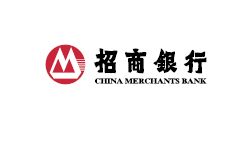

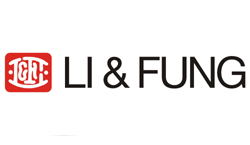
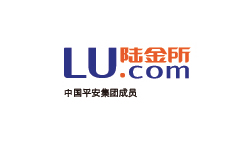
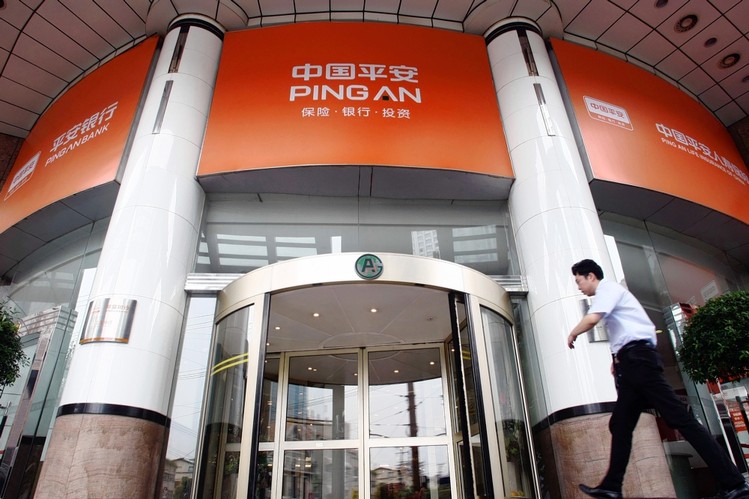
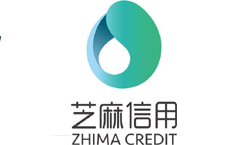
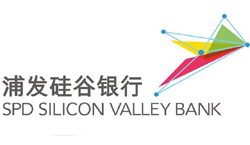

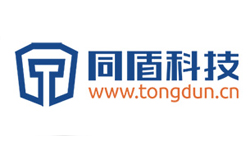
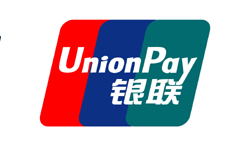
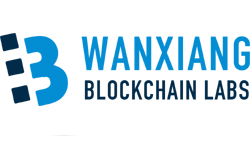


Ant Financial or Alipay, founded by Alibaba, is a third-party payment services provider. Ant Financial has over 450 million active users annually, facilitating 58% of China’s online payment transaction. It also provides inclusive financial services to small and micro enterprises and individual consumers.
Ant Financial has brought in state-backed investors, including the China Investment Corp and National Social Security Fund, which provided the company a $60 billion valuation in April 2016. The services provided by Ant Financial and its affiliates include cover payments, wealth management, credit reporting, and cloud computing.
Ant Financial is not only an innovation leader but also partner and enabler for other firms. Its investments include Postal Savings Bank of China and PayTM, India’s largest mobile wallet provider. It has also invested $70 million in identity authentication start up EyeVerify to mitigate the risk from identification-related cybercrime. Ant Financial aims to expand its presence in the global market and to get operating licenses in different countries in the region. The organisation also announced the possibility for an initial public offering
Alibaba has international aspirations. It intends to continually expand offerings to the Chinese expatriates in other countries and 120 million Chinese tourists who travel abroad annually. With 450 million active registered users and 200 financial institution partners, Alipay is collaborating with leading global payment providers to ensure international merchants can integrate universal acceptance into the customer payment experience.
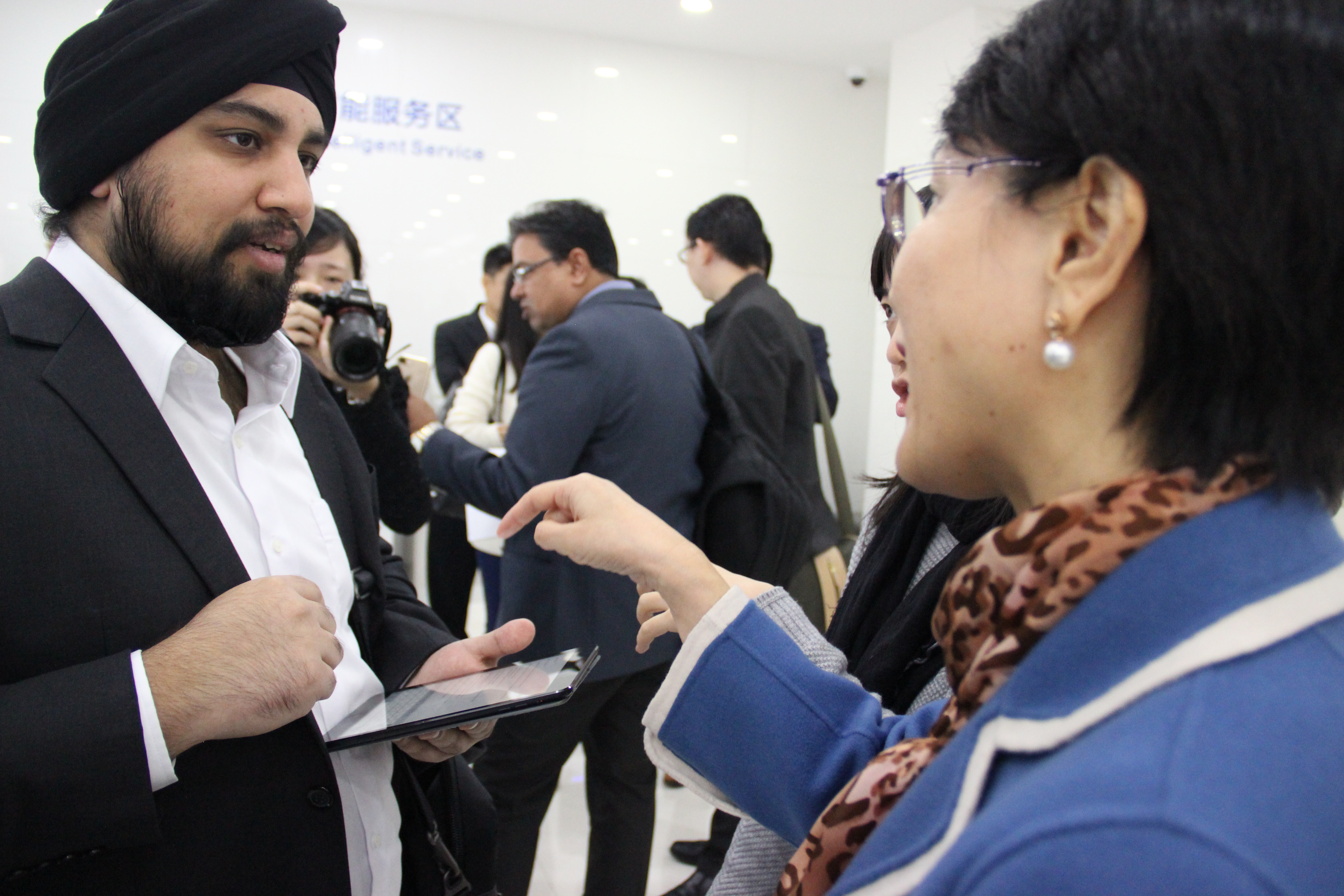
China Construction Bank (CCB) was established in 1954 and is currently headquartered in Beijing. CCB is one of the "big four" banks in the China. In 2015, it was the second largest bank in the world by market capitalisation and sixth largest company in the world. With 14,917 branches and sub-branches in Mainland China, the bank provides services to 3,925,600 corporate customers and 341 million personal customers. CCB maintains close cooperation with leading strategic industries and a large number of high-end customers. The bank also became the first commercial bank in the country to implement “the cloud of finance” in a real working environment. The bank is utilising the cloud to manage data and information to significantly improve service efficiency.
CCB is being supported by the “new generation core banking system” and unleashed a wave of innovation to develop smart products, services, and models based on the “Internet of Things” and big data to build an online integrated financial service platform. CCB has established 12 smart banks and a batch of flagship outlets. It has also launched almost 20,000 simplified and more than 1,000 standard smart automated teller machines (ATMs). CCB has also launched “Xiao Wei,” a smart customer service platform, which has served over 1.2 billion users since 2013. It now provides services for more than 2.3 million people a day. The accuracy rate of its omnichannel responses exceeds 90%.
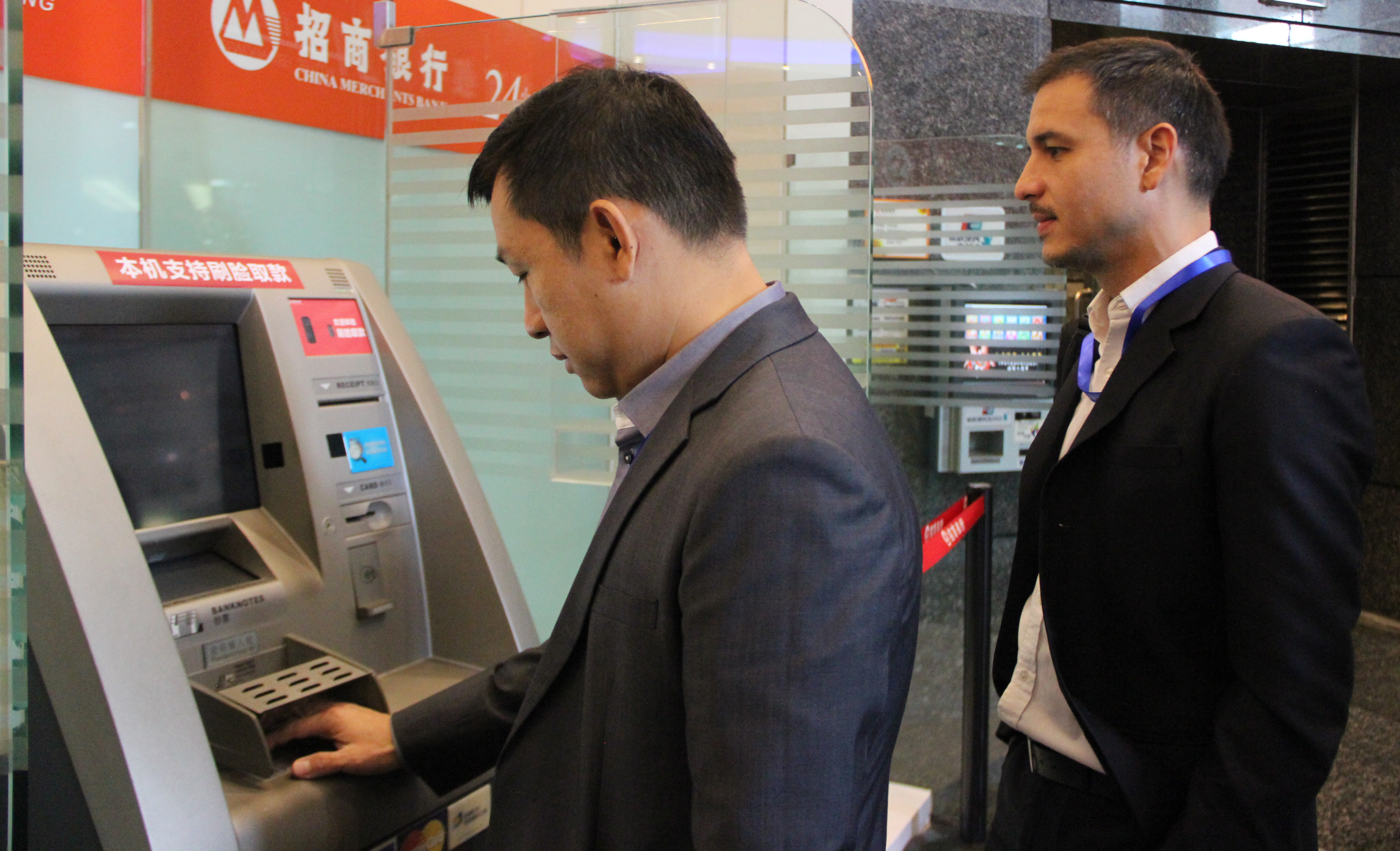
China Merchants Bank (CMB) is a Chinese bank headquartered in Futian District, Shenzhen, Guangdong, China, established in 1987. It is the first shareholding commercial bank wholly owned by corporate legal entities in China. CMB has over five hundred branches in mainland China and one in Hong Kong. As of 2015, it ranks third for net cash and equivalents among all Chinese companies, which is over 117% of its market capital.
CMB is the first Chinese player to develop a series of e-banking distribution channels, the first to shift from a personal account settlement system to a customer-focused mindset by integrating deposit and client view points. Banking on its established technology capability, the bank provides a seamless digital channel experience to cater to the digital-savvy market resulting in a digital channel penetration rate of over 95%. By prioritising mobile and online banking, CMB created an online-to-offline ecosystem, providing dining, shopping, travelling, and other lifestyle information with rewards, coupons, and other promotions. It also built in its payment capability to close the loop.
CMB was awarded as Best Retail Bank in China for 2016 during The Asian Banker’s International Excellence in Retail Financial Services 2016 Awards.

Huawei Technologies is a Chinese multinational and telecommunications equipment and services company, founded by Ren Zhengfei in 1987. The company began as a phone switch manufacturer before venture into foreign business lines, which includes building telecommunications network; providing operational and consulting equipment and services; and manufacturing communications devices. By the end of 2012, Huawei established itself as the largest telecommunications equipment manufacturer, with more 170,000 employees. Huawei’s products and services have reached over 140 countries, serving five of the world’s 50 biggest telecoms operators.
Huawei has placed heavy priority on research and development (R&D) to remain competitive, investing around $6.4 billion. The company employs 76,000 staff its 21 R&D institutes around the world. Huawei has also won the gold medal for new technologies and products at the World Internet of Things Exposition in November 2016 with their NarrowBand Internet of Things (NB-IoT) solution.
The company is now a cutting-edge industry leader with a global footprint through its adoption of innovation management processes, its launch of the slick new smart phone, and its ultra-speed communications services.

Li & Fung is a leading consumer goods design, development, sourcing, and logistics company serving major retailers and brands around the world. It specialises in managing supply chains of high-volume, time-sensitive goods and providing sophisticated one-stop-shop solutions to meet customers' specific needs. Li & Fung Limited key markets include the US and EU where it supports department stores, hypermarkets, specialty stores, catalogue-led companies, and e-commerce sites. The company, established in 1906 in modern-day Guangzhou, is currently headquartered in Hong Kong. Trading is the core business of Li & Fung. In 2011, IDS, a member of the Fung Group became a part of Li & Fung's logistics network. As of 2015, the company has 20.1 million square feet of space, delivering 100 million units of consumer products daily.
Li & Fung is one of the world’s largest sourcing and distribution platforms with unparalleled customer relationships, supplier networks, and operations. By connecting with 15,000 global suppliers, the company sources, creates, and delivers products at a competitive price. Its logistics business is a leading player in Greater China and Southeast Asia.
Li & Fung is moving towards private labelled products with more online shopper. It’s focus on customer experience has propelled it to experiment with analysing the retail behaviour of customers individually and as a social group.
Li & Fung has built an experimental space, Explorium in the suburbs of Shanghai to observe the shopper experiences in a real life-like retail environment. They came with a hypothesis about online-to-offline (O2O) model but realised now in China it isn’t about O2O but about driving connected customer experiences. Every weekend the Explorium fills with specific invited customers. All visitors to the space are being monitored but certain brands on a given day, look for specific targets to learn how their retail set-ups and online communication influences the journey of the customer - their reactions, satisfaction levels and actual sales. A key focus is on learning how the extended Chinese families purchase – who the influencers and decision makers are.
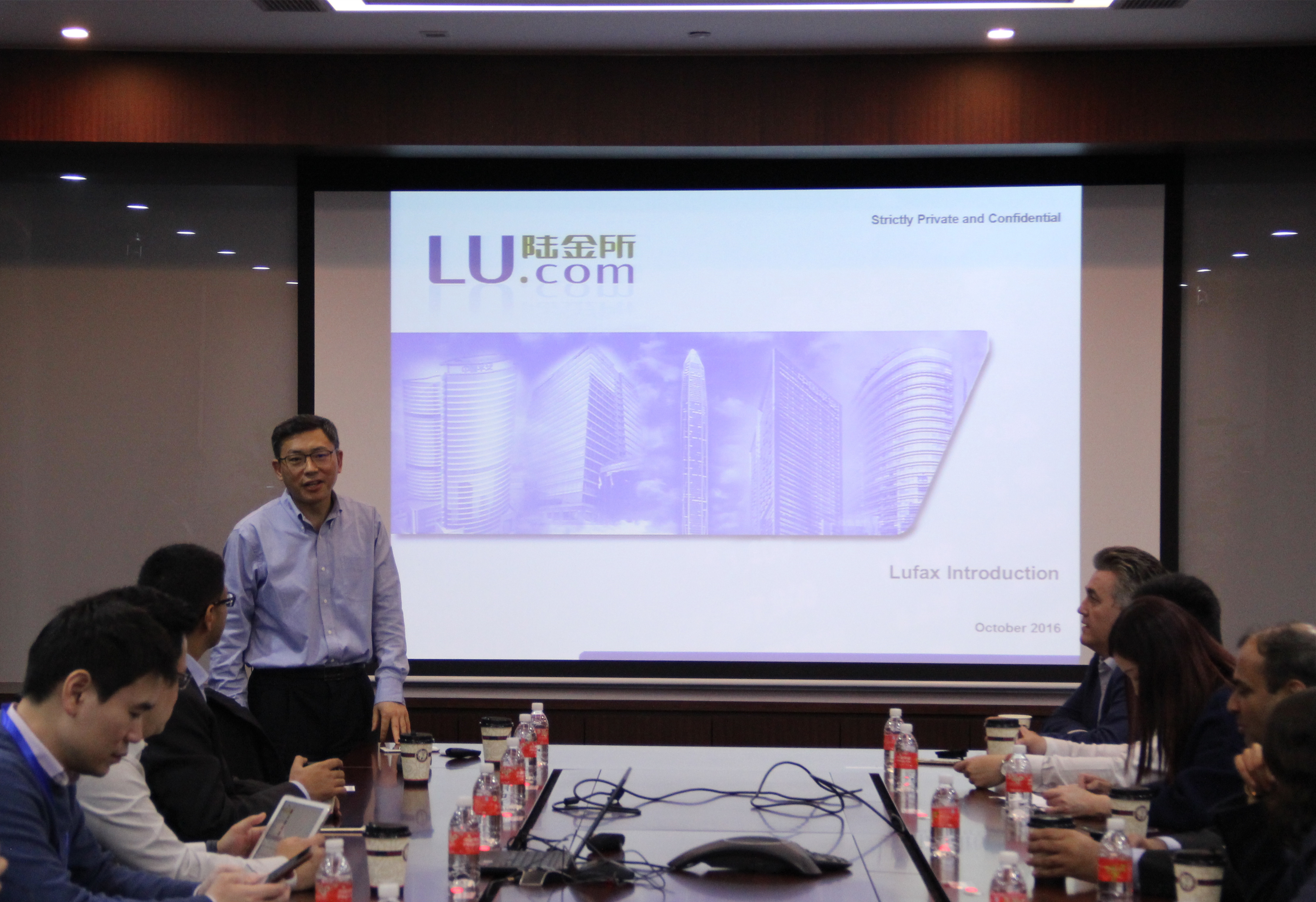
The Shanghai Lujiazui International Financial Asset Exchange Co., Ltd., or Lufax is an online internet finance marketplace headquartered in Lujiazui, Shanghai, China. The company was established in September 2011, with peer-to-peer (P2P) lending as its sole product. The company is gradually branching out its businesses to become a much broader platform that works together with funds, insurance companies, and financial license holders. The platform makes money by matching borrowers with investors, collecting a 4% fee on each successful loan. Since 2011, the company has arranged more than 200,000 P2P loans worth around $2.5 billion.
Lufax offers an open, convenient, and safe investment and financing platform for asset suppliers and investors.It delivers wealth growths to individuals, financing services to small and medium enterprises (SMEs), and liquidity services to institutions’ financial assetsby tapping on its broadexperience in risk management with top-level talents in the industry.In less than three years, Lufax is already the world’s third largest and fastest growing P2P firm. By partnering with Ping An Insurance, Lufax has managed to enhance the risk management capability of its products. Lufax offers an online to offline(O2O) model with an open platform which gives it greater access to its target market and optimises the use of its distribution channels.
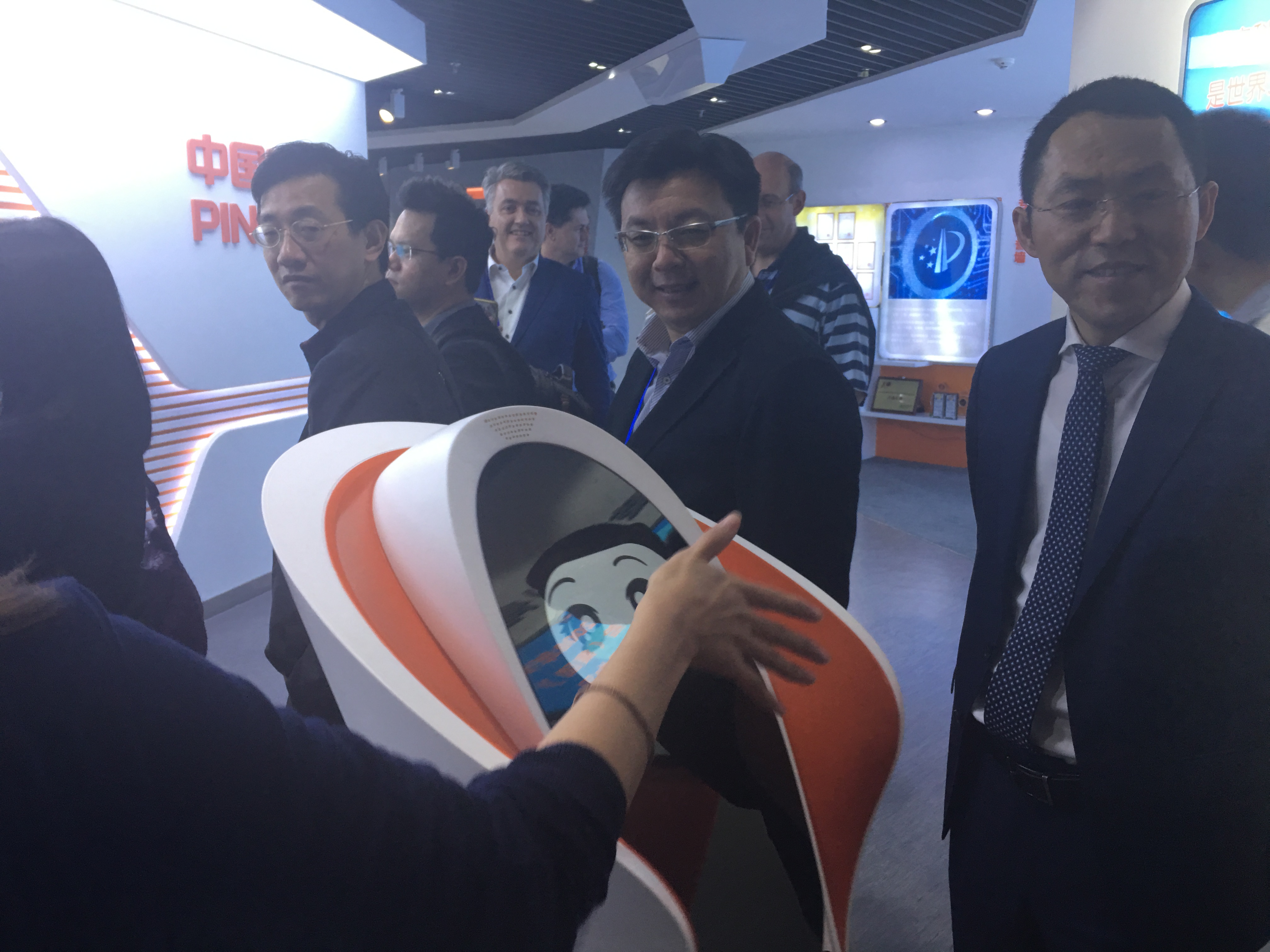
Ping An Insurance (Group) Company of China, Ltd. was established in Shekou, Shenzhen in 1988. The Group is the first insurance company in China to adopt a shareholding structure. It has developed into a personal financial services group with three core businesses of insurance, banking and investment.
Established in 2008, Ping An Tech is a wholly owned subsidiary of Ping An Insurance (Group) Company of China, Ltd., a Global Fortune 500 company, and the only provider of IT services including IT planning, development and operational services for the Group company and its subsidiaries. Ping An Tech is also the high-tech core of Ping An Group. Along with Ping An Group’s development, Ping An Tech has accumulated profound experience in “tech + internet + finance” as the innovation incubator and main builder of the group’s internet finance business.
Ping An Group and Ping An Technologystrive to become a world-leading personal financial service provider under the philosophy of "technology-driven financial services for better life." They have adopted the models of "integrated finance + the internet" and "the internet + integrated finance",focusing on “big financial assets” and "big healthcare"; pursuing growth in insurance, banking, asset management, and internet finance. Through their business model, they ensure that finance and the internet technology are intertwined in all aspects of the business and in their strategy as they serve their customers.

The first credit agency in China - Sesame Credit is the credit-scoring service introduced by Ant Financial Services Group which leverages "big data" technology and customer behaviour analytics to help make credit available to millions of consumers across China.
Sesame Credit is the first credit agency in China to use a scoring system based on online and offline data to generate individual credit scores for consumers and small business owners. These ratings provide lenders, merchants and other companies with a reliable tool for assessing their customers' creditworthiness, hence giving more consumers access to a host of borrowing services such as home loans, mobile-phone service contracts, car loans and other types of instalment credit.
Sesame Credit uses the wealth of data that its parent company generates and provides a valuable service which is a prime example of how analytics can be used for understanding customer behaviour and managing risk
SPD Silicon Valley Bank (SSVB) is a joint venture of the Silicon Valley Bank (SVB) and Shanghai Pudong Development Bank (SPDB). The bank’s Chinese shareholder SPDB is one of the top ten banks in China and is a leading player in the domestic corporate banking business.SVB, is the California bank subsidiary of SVB Financial Group. SVB is headquartered in Santa Clara, California, the heart of Silicon Valley.
The joint venture of these two entities is a prime example of how transnational collaboration with other technology focussed companies can enrich and speed up the innovation process in the traditionally run domestic companies.
SVB’s strength lies in providing financial services to technology companies. It provides solutions which help a technology company through different stages in its lifecycle. It has a thorough understanding of the financial needs of a technology company right from starting up, gaining traction, and to building the companies to scale.
With the number of new enterprises focussed on technology and innovation growing rapidly in China, SPDB saw an opportunity to cater specifically to the needs of this segment. The key to capturing a share of this new segment was to employ a strategy which differentiated it from the rest of the players in the market and provided a sustainable growth model. Through its rich experience in the technology space SVP presented itself as an ideal partner to translate SPDB’s strategy to the Chinese market.
The Joint venture entity, SSVB Bank is aimed at leveraging the advantages of its two shareholders and providing commercial banking services for China’s technology and innovation companies. SSVB’s strategic goal is to become the model for China’s banking industry in serving China’s rapidly developing technology and innovation companies as well as risk management, and become an active driver of China’s innovation ecosystem. Target clients include those in the hardware, software, internet, mobile, consumer technology, life science, biotechnology, and clean-tech sectors.

Tencent is one of the largest internet companies in the world, established in 1998. The company offers many services such as a social network, web portals, e-commerce, and multiplayer online games. Its products in China include instant messenger Tencent QQ and one of the largest web portals, QQ.com. Other popular services from the company include TenPay, an online payment system, and social media messaging application WeChat. Tencent has also been expanding in the entertainment sectors, gaming industry, and artificial intelligence. It is investing $295 million in Hollywood and Chinese films through 2017.
Tencent is currently the most valuable technology company in China, overtaking e-commerce giant Alibaba. Tencent's market capitalisation is at $246.35 billion. In 2016, Tencent’s stock price rose by more than 40%. The company’s strategy of driving revenue growth through advertising and gaming using messaging applications WeChat and QQ have brought more than one billion users into the fold. The company has beaten revenue and earnings estimates in all but one of the past six quarters. In addition, WeChat generates $7 in revenue per user every year, and the app has roughly 700 million users, more than the total number of smartphone users in China – with some users located outside the country, while others have multiple accounts.
Tencent’s WeChat has grown beyond being just a social media platform – users are now able to transfer money between each other, as well as pay for services such as taxis, digital subscription, food delivery and restaurant bills. WeChat transformed itself into a payment platform in 2013 and launched a personal online investment fund in January 2014, which was followed by the launch of WeBank, China’s first online bank a year later.
Tencent’s success lies in how it targets its customers. Tencent looks at languages and cultures rather than country borders when defining its customer segmentation and communication approaches. While this strategy poses a challenge in terms of cross-border payments, the company is looking at developing partnerships to make them more competitive internationally. Tencent has plans to expand into Hong Kong, Taiwan, Macau, Japan, South Korea, Europe and Russia. It is planning to work with local banks to better serve Chinese expatriates using WeChat in those markets.
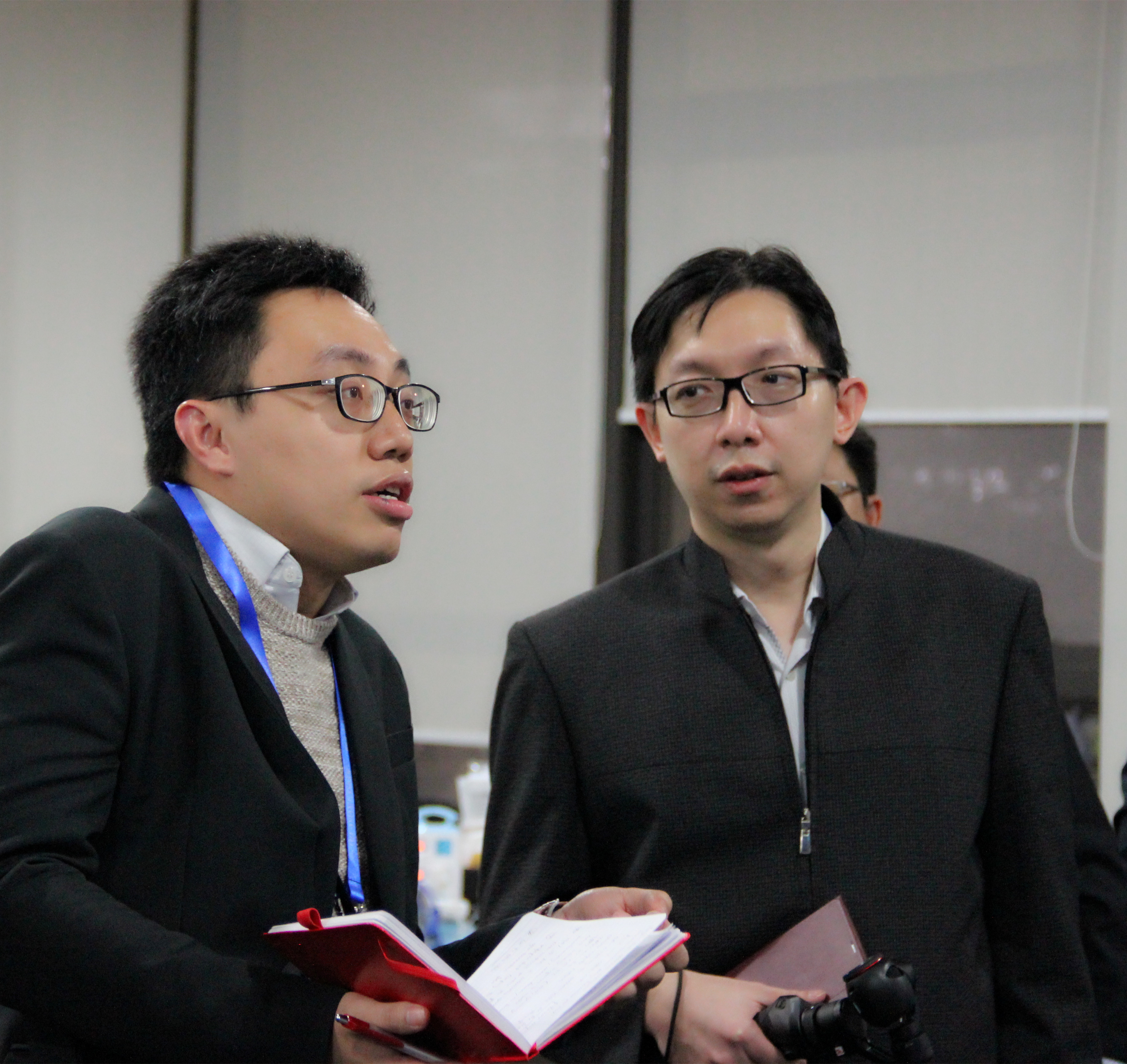
Tongdun Technology is an Internet risk control and anti-fraud service supplier based on big data analysis in China with the highest business value, who has been ranked as one of Red Herring Global Top 100, and Forbes China "Fintech 50". Their customers cover industries such as internet finance, banking, insurance, e-commerce, online -to-off-line (O2O), third-party payment, social network portals, game and entertainment.
Since inception, Tongdun has been following the “Cross Industry Joint Defense” concept to provide risk control and anti-fraud solutions based on big data analysis. Tongdun aims to dig deep into the Internet risk control and anti-fraud field through continuous technology innovation and become a third-party service supplier trusted by customers. The co-founders of Tongdun Technology are from top Internet companies such as Alibaba, PayPal, ThreatMetrix and SAS and have rich anti-fraud and risk control experience. The company has over five thousand customers till date.
Risk management and fraud prevention have become key issues in today’s increasingly digitised world. Tongdun is continuously working to develop innovative solutions to counter cyber theft and fraud. It employs experts in fields such as risk control, big data processing, internet fraud analysis, and machine learning who share their expertise and work together to create more robust fraud countermeasures.
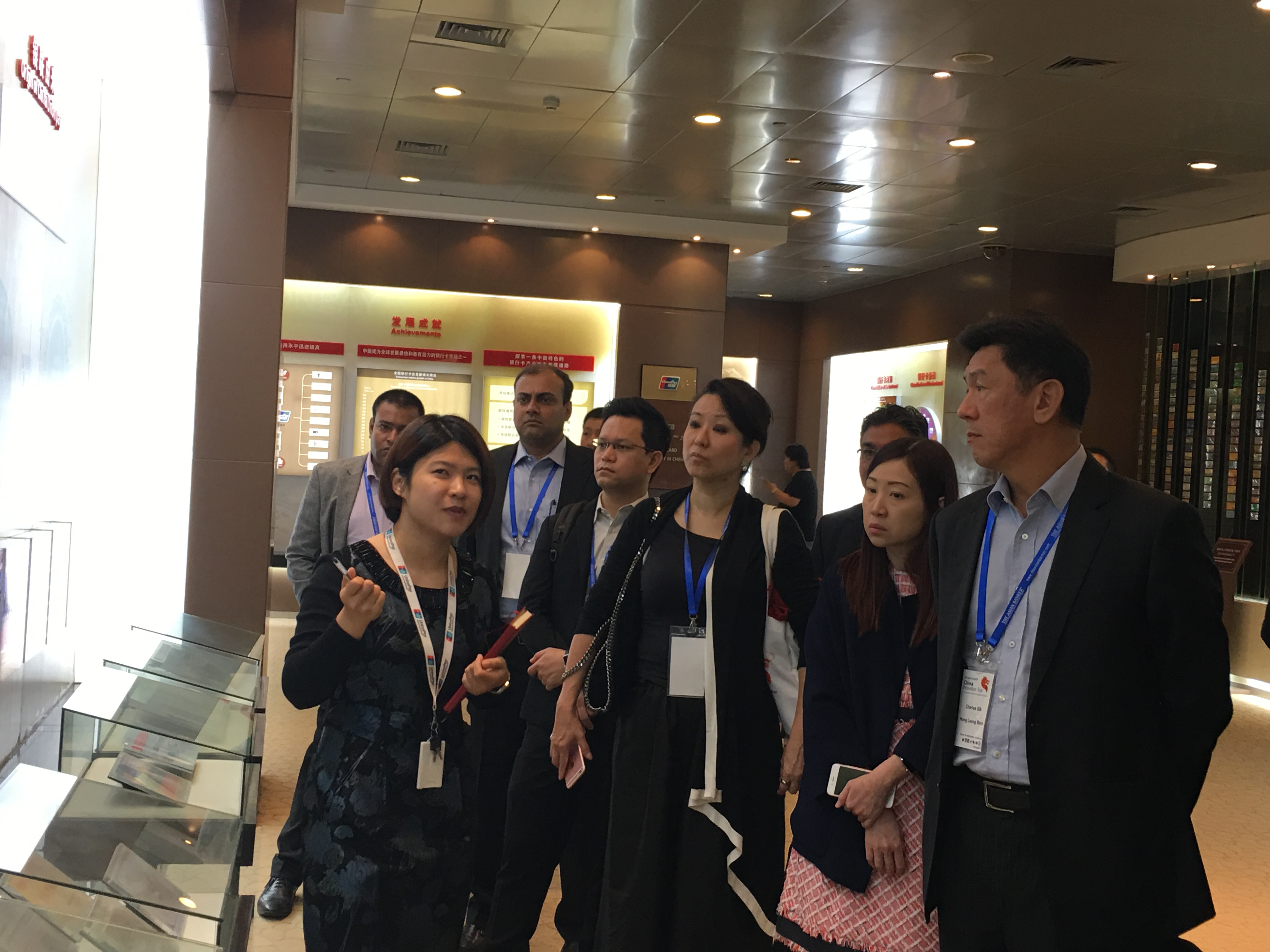
China UnionPay is a financial services corporation headquartered in Shanghai, China. It operates a unified nationwide inter-bank transaction settlement system that provides users with basic bankcard services such as inter-bank information switching, settlement data processing, standards andregulations, and risk prevention. China UnionPay has a well-connected financial network in China as well as in international markets. It is the world’s second largest payment network after Visa.Established on March 26, 2002, the company is an association for the local banking card industry, operating under the approval of the People's Bank of China (PBOC). It is also the only interbank network in China that links all the ATMs of all banks throughout the country.
UnionPay has a lower chargeback rate and other card-not-present fraud as compared to other service providers. Such difference is attributed to its unique multistep system for online transactions. The system requires a cardholder to enter a unique PIN number and another second code number they will receive a text message. This serves as an extra barrier to criminal fraud, which is specific to the card network.
China UnionPay is striving to construct an internationally accepted payments network and has already expanded to 150countries outside China. Currently, 65 institutions in 17 countries have issued around 10 million China UnionPay cards. The establishment of China UnionPay represents the emergence of a new industrial system with combined stipulation of rules, popularisation of business, and expansion of market and standardisation of orders. The company is pioneering a new phase of development within the bankcard industry.
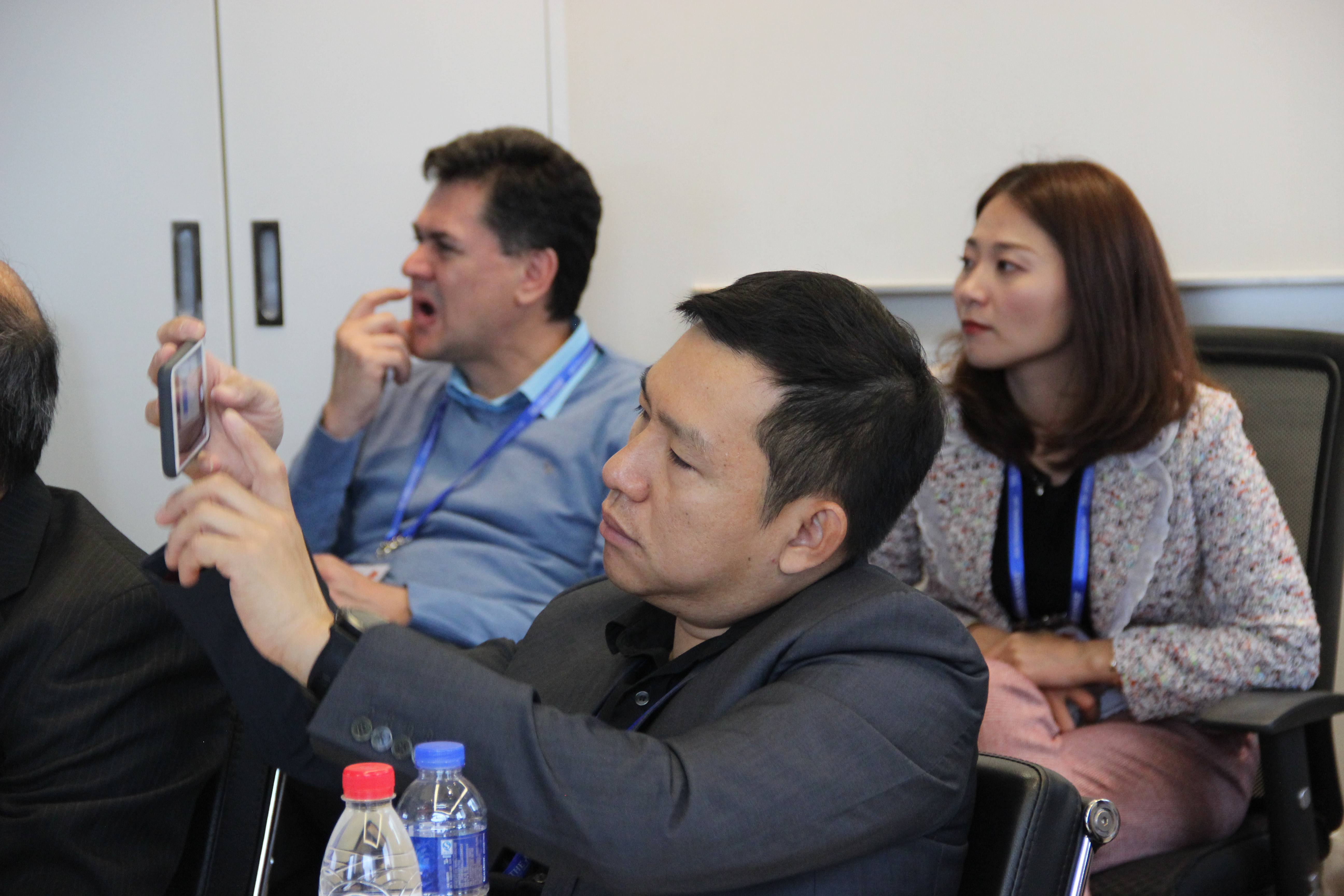
Wanxiang Blockchain Labs is an organisation focusing on the innovation and utilisation of blockchain technology. The company is a $50 million venture backed by the Chinese conglomerate Wanxiang and launched in 2015. The laboratory brings together experts from various fields, particularly on technological development, business application, and industrial strategy to provide adequate intelligence in using blockchain technology for policy-making. The organisation has teamed up with accounting and auditing firm Deloitte to pioneer the Shanghai blockchain hackathon in January 2016.
Aside from setting up training programmes and conventions to advocate the use of blockchain technology, Wanxiang Blockchain Lab also developed a Wancloud BaaS (Blockchain as a service) that allows users to establish their business concepts and models through a cloud platform. The laboratory also sponsors innovators who utilise blockchain technology in open source projects through a global elite project sponsorship programme called BlockGrant X.
They illustrate their vison and technological capabilities through their “digital city”- an innovation platform based on blockchain and artificial intelligence. Their digital city roadmap is built around their new battery plant. Wanxiang would invest US$30 billion to building their plant and a new city to house the families of their 80,000 staff. The city and transport would be powered by Wanxiang’s electritic batteries. The city would be smart, green, and connected. It would be built with steel, cement, glass with wi-fi, data and blockchain at its core.

WeLab was established in 2013 in Hong Kong and has been reinventing traditional financial services in China by creating seamless mobile lending experiences. WeLab operates Wolaidai and WeLend, China’s and Hong Kong’s leading online lending platforms, respectively. The company has also partnered with traditional financial institutions that utilises WeLab’s technology in offering fintech-enabled solutions. WeLab’s investors include CK Hutchison’s TOM Group, Malaysian sovereign wealth fund Khazanah Nasional Berhad, Chinese provincial government fund Guangdong Technology Financial Group, ING Bank, and Sequoia Capital. In 2016, WeLab was named as one of the top 100 fintech companies in the world.
WeLab analyses unstructured mobile big data within seconds to make credit decisions for individual borrowers through its proprietary risk management technology. The company has focused on credit accessibility, providing its customers with credit access through their mobile phones. Their unique and innovative approach to risk management combine traditional banking expertise with technology. The company extends credit access to applicants with no credit history as compared to traditional banks.